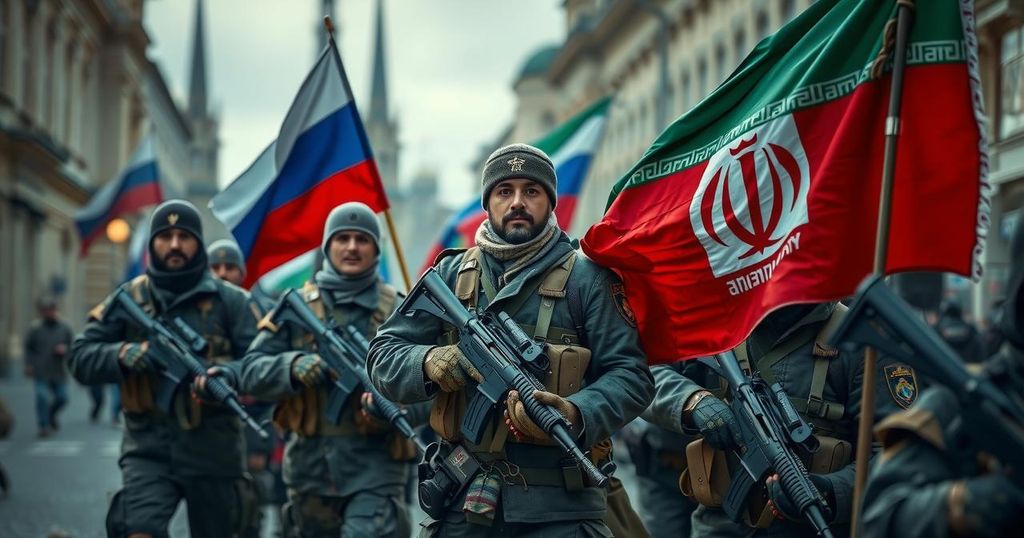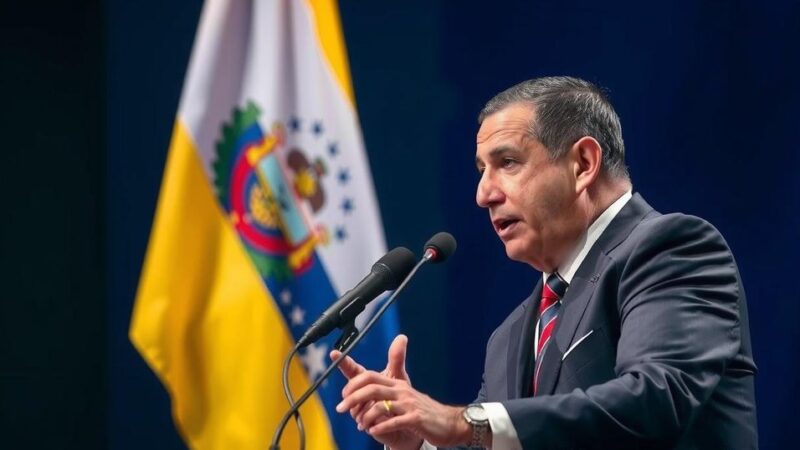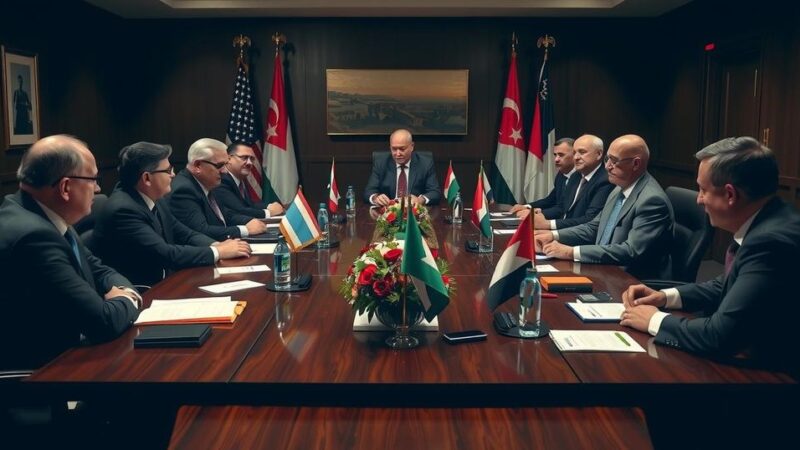Russia has recruited hundreds of Yemeni men to join its military, leveraging ties with the Houthis. This initiative provides benefits for both parties, including financial support for the Houthis and military training for recruits. The cooperation may also involve potential arms transfers, with broader implications for regional security and US interests.
Recent reports indicate that the Russian military has successfully recruited hundreds of Yemeni men, leveraging its evolving ties with Yemen’s Houthi rebels. Promised lucrative salaries and Russian citizenship in exchange for roles in engineering and security, these individuals were transported through a Houthi-linked company and subsequently compelled to join the Russian forces on active duty. This initiative appears to benefit the Houthis financially while simultaneously providing the Yemeni recruits with military training. This move forms part of a broader strategy wherein Russia seeks to employ migrant recruits to counter substantial losses on the battlefield in Ukraine, drawing in recruits from Yemen as well as countries like Nepal, India, and North Korea.
The recruitment of Yemeni personnel is emblematic of the deepening alliance between the Houthis and Russia, intensified following the Hamas attack on Israel on October 7, 2023. The Houthis have increasingly positioned themselves as a vital component of Iran’s “Axis of Resistance,” a coalition comprising Iran-backed factions opposing Western influence in the Middle East. Furthermore, it has been suggested that Iran is negotiating potential arms deals with Russia, which may involve advanced weaponry for the Houthis, such as the P-800 Oniks anti-ship missiles. Although no confirmed transfers have occurred yet, US officials have acknowledged ongoing discussions between Russia and the Houthis concerning potential arms provisions. Recent reports indicate that military supplies worth ten million dollars may be on the table for the Houthis.
Moscow’s cooperation with the Houthis extends beyond mere recruitment, as it seeks to leverage this relationship to destabilize maritime operations in the Red Sea and nearby areas. By equipping the Houthis with arms and intelligence, Russia aims to exert pressure on Western commercial shipping, thereby redirecting American attention away from the conflict in Ukraine. Additionally, enhanced ties with the Houthis furnish Moscow with leverage over regional powers like the United Arab Emirates (UAE) and Saudi Arabia, who are keen on terminating the war in Yemen. This emerging influence potentially allows Russia to pressure these Gulf states in their engagements with the United States, given Russia’s established rapport with them, particularly through the OPEC+ oil coalition.
However, it is critical to recognize Russia’s relationship with the Houthis as primarily opportunistic rather than indicative of a solid strategic alliance. Moscow’s pragmatic stance is likely contingent upon the Houthis refraining from direct attacks on Saudi or Emirati interests. Concurrently, Russia remains diplomatically engaged with other Yemeni factions, including the UAE-backed Southern Transitional Council, reflecting a cautious diversification of its regional partnerships.
The United States and its allies must closely monitor the growing nexus between the Houthis and Russia, especially since it could augment the Houthis’ capability to threaten international maritime traffic and US interests in the area. Despite the Houthis’ existing capacity to disrupt maritime operations, the introduction of advanced weaponry or military expertise from Russia could significantly enhance their autonomy and operational effectiveness, complicating the strategic landscape of the region.
The recruitment of Yemeni mercenaries by the Russian armed forces highlights the shifting dynamics in global military alliances, particularly in the context of evolving relationships among Russia, Iran, and the Houthis. Following the Hamas attack on Israel, the Houthis have sought to solidify their status within Iran’s coalition of proxy groups. This emerging partnership with Russia is seen as part of a broader geopolitical strategy wherein Russia aims to bolster its military strengths against the backdrop of its own ongoing conflict in Ukraine, while simultaneously undermining Western interests in the Middle East.
In conclusion, Russia’s recruitment of Yemeni mercenaries through its collaboration with the Houthis signals a notable development in Middle Eastern geopolitics. This relationship enables Russia to enhance its military presence while threatening Western maritime interests and providing the Houthis with critical resources. However, it is essential to view this alliance as one of convenience, where Russia must balance its support for the Houthis with diplomatic relations with other Yemeni factions and regional powers.
Original Source: www.atlanticcouncil.org






